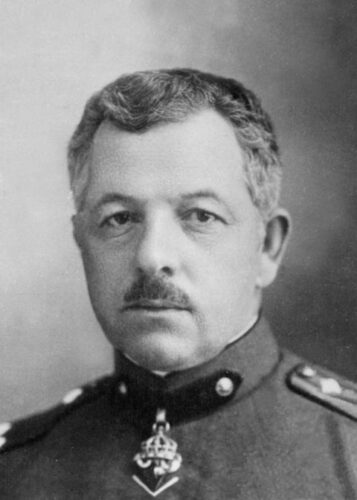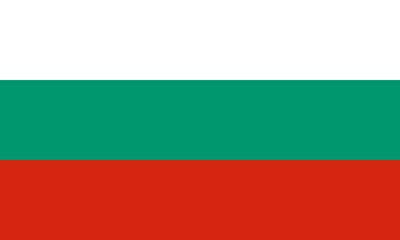Political Activism
Between 1939 and 1944, Germany unofficially occupies the territory of Bulgaria, and german troops are present in the country, provoking growing activity among Bulgarian anti-fascist movements. As an ardent supporter of left-wing political ideas, Eng. Belopitov sees himself as an enemy of fascist Germany and considers his duty to resist it by all means. His company BEKOP became a convenient cover for his illegal activity. He works with other activists such as Vasil Markov, Dimitar A. Popov, Ivan Palev, Dimitar Yonov and others.
 His activity under the leadership of General Vladimir Zaimov, who was engaged in intelligence work for the military intelligence of Moscow (then the USSR), was especially fruitful. General Zaimov was an experienced veteran artilleryman from several wars with strong republican views. He was a follower of the Pan-Slavic unification idea and named his company after it. The company’s office was located next to BECOP on Slaveykov Square. United by common beliefs and true friendship, Gen. Zaimov and Eng. Belopitov will step into the most dramatic period of their lifetime. After the beginning of the expansion of Hitler’s Germany, Gen. Zaimov began active cooperation with anti-fascist intelligence networks in Europe. He was connecting and reporting to Moscow via a radio transmitter. BEKOP provided a radio operator and serviced the radio transmitters, tuning them and hiding antennas in the chimneys. The collected intelligence was primarily about the german actions on the Eastern Front. The authorities often arrested, imprisoned and interned members of the network. Still, the suitcases with the transmitters passed from hand to hand, and the activity continued in coordination with activists from Czechoslovakia, Poland, Hungary, Yugoslavia and Germany.
His activity under the leadership of General Vladimir Zaimov, who was engaged in intelligence work for the military intelligence of Moscow (then the USSR), was especially fruitful. General Zaimov was an experienced veteran artilleryman from several wars with strong republican views. He was a follower of the Pan-Slavic unification idea and named his company after it. The company’s office was located next to BECOP on Slaveykov Square. United by common beliefs and true friendship, Gen. Zaimov and Eng. Belopitov will step into the most dramatic period of their lifetime. After the beginning of the expansion of Hitler’s Germany, Gen. Zaimov began active cooperation with anti-fascist intelligence networks in Europe. He was connecting and reporting to Moscow via a radio transmitter. BEKOP provided a radio operator and serviced the radio transmitters, tuning them and hiding antennas in the chimneys. The collected intelligence was primarily about the german actions on the Eastern Front. The authorities often arrested, imprisoned and interned members of the network. Still, the suitcases with the transmitters passed from hand to hand, and the activity continued in coordination with activists from Czechoslovakia, Poland, Hungary, Yugoslavia and Germany.
A breakthrough in the Slovak cell led the Gestapo to General Zaimov. Zaimov was arrested on 20 March 1941. Two days later, Nikola Belopitov, then 40, was also arrested. Days of harassment and torture began. Director of Police Geshev, himself, conducted the interrogations. He demanded the death penalty for both. In his memoirs, Eng. Belopitov writes:
‘I was sure my days are numbered. It was snowy outside. The single cell of the Police Directorate was freezing cold. I was sleeping on the floor, wrapped in my coat. Among the heavy steps of the Hobnailed Boots down the corridor, you could often hear the light footsteps of the civilian police who were coming to take me, with my hands tight, for another interrogation with some extra ‘treatment’.’
I am alive because Zaimov died, but did not betray us.’
The firing squad executed General Zaimov on June 1, 1942, just a few hours after his sentence. The Soviet army leadership charged a complete five-minute halt of the artillery on all fronts in his memory. After being released from prison, Eng. Belopitov continued to help the anti-fascist resistance. He used his business to employ persecuted activists and sponsored the families of those killed or imprisoned.

